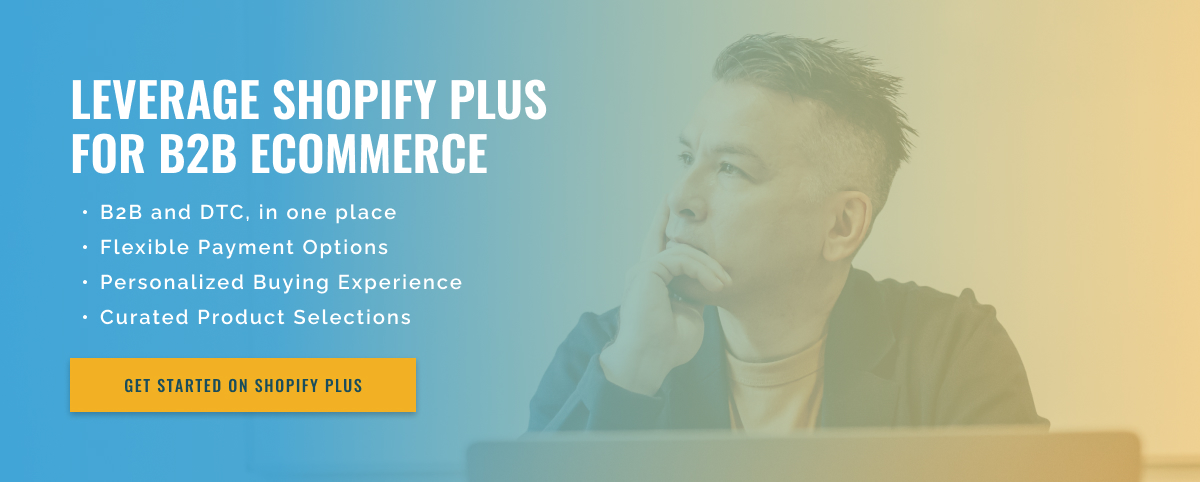3 minute read
Customizable Shopify Analytics for B2B Merchants
eCommerce has become an essential part of B2B strategy, and with an increasing number of online sellers, using analytics to stay competitive has become extremely important. Shopify, one of the leading eCommerce platforms, is known for its robust and easy-to-use features. But can it also provide customizable analytics tailored to the specific needs of B2B sellers? To answer this question, we first need to understand what analytics means for B2B sellers.
B2B sales involve a more complex purchasing process involving multiple stakeholders and access to accurate and relevant data is crucial to making informed decisions. Unlike B2C, B2B sellers need a deeper understanding of their customers’ behaviors, preferences, and pain points to develop appropriate marketing and sales strategies. This is where Shopify analytics comes into play.
While Shopify offers standard analytics for all of its sellers, it also offers a range of customizable analytics tools designed specifically for B2B sellers. These tools help sellers better understand their customers, track key metrics, analyze sales data, and make data-driven decisions.
One of the most valuable analytics tools for B2B sellers on Shopify is the customer segmentation feature. This enables sellers to categorize customers based on various parameters such as industry, location, purchase history, and more. By segmenting customers, sellers can better understand their target audience and personalize their marketing efforts accordingly.
Shopify also offers custom reports that can be tailored to a specific merchant’s needs. This feature allows sellers to track key performance indicators (KPIs) and create reports that show the data most relevant to their business. B2B sellers can use this feature to analyze sales data, track inventory, and monitor customer engagement.
Another aspect that sets Shopify apart from other eCommerce platforms is its integration with various third-party applications and tools. B2B sellers can integrate their Shopify store with tools like Google Analytics, Klaviyo, and Mailchimp to gain comprehensive visibility into their data. These integrations also allow sellers to track their marketing campaigns and measure their effectiveness.
In short, Shopify’s customizable analytics tools have proven to be a game-changer for B2B sellers. By providing deeper insight into their customers and more accurate data, Shopify enables B2B sellers to make data-driven decisions and stay ahead of the competition. With its user-friendly interface, third-party integrations, and customer segmentation features, Shopify is undoubtedly the best choice for B2B sellers.

